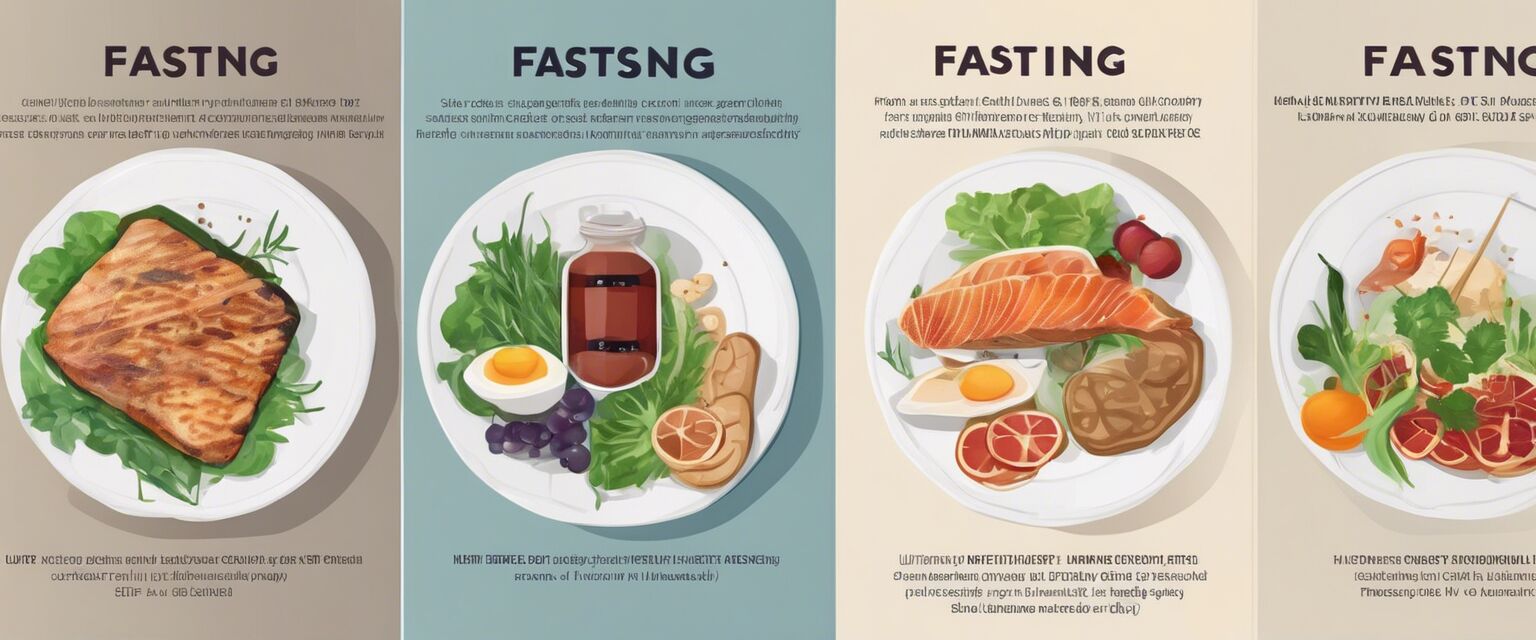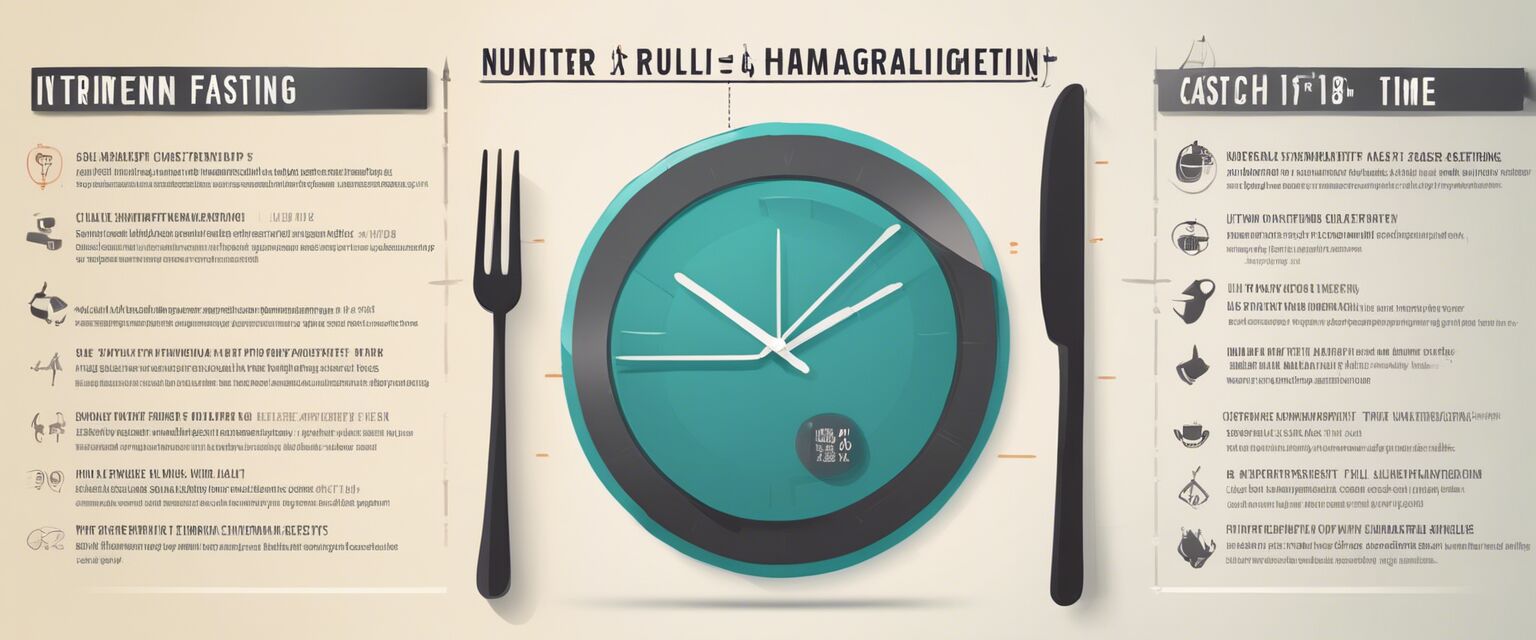
Benefits of Intermittent Fasting
Intermittent fasting has gained popularity over the years as an effective method for weight loss and overall health improvement. This article explores the various benefits of intermittent fasting, including its impact on weight management, metabolism, and mental clarity.
Key Takeaways
- Intermittent fasting can promote weight loss by reducing calorie intake.
- It may enhance metabolic health by improving insulin sensitivity.
- Fasting periods can lead to better mental clarity and focus.
- Intermittent fasting is flexible and can be tailored to individual lifestyles.
What is intermittent fasting?
Intermittent fasting isn't about what you eat, but rather when you eat. It involves cycles of eating and fasting, which can lead to numerous health benefits.
Popular methods of intermittent fasting
- 16/8 method: Fast for 16 hours and eat during an 8-hour window.
- 5:2 diet: Eat normally for 5 days and restrict calorie intake to 500-600 calories for 2 days.
- Eat-Stop-Eat: A 24-hour fast once or twice a week.
- Alternate-day fasting: Alternate between fasting days and eating days.

Health Benefits of intermittent fasting
Weight Loss
Intermittent fasting can lead to weight loss by limiting the time frame for eating, which may naturally reduce calorie intake. Here are some key points:
| Benefit | How It Works |
|---|---|
| Reduces calorie intake | Fewer meals typically means fewer calories consumed. |
| Increases metabolic rate | Short-term fasts can boost metabolism by increasing norepinephrine levels. |
| Reduces insulin levels | Lower insulin levels can enhance fat burning. |
Mental clarity
Many people report increased mental clarity and focus during fasting periods. The brain operates more efficiently during periods of low insulin, and this can promote better cognitive function.
Pros
- Flexible with various schedules
- Can lead to weight loss without strict dieting
- May improve mental clarity
- Can be easily combined with other health plans
Cons
- May initially cause hunger and irritability
- Not suitable for everyone, particularly those with certain health conditions
- Can lead to overeating during eating windows if not mindful
Nutritional considerations
When practicing intermittent fasting, it's crucial to focus on nutrient-dense foods during eating periods. Here are some tips:
Tips for successful intermittent fasting
- Stay hydrated with water, herbal tea, or black coffee.
- Incorporate whole foods such as fruits, vegetables, lean proteins, and healthy fats.
- Avoid processed foods and excessive sugar during eating times.
- Listen to your body and adjust your fasting plan as needed.

Combining intermittent fasting with exercise
Combining intermittent fasting with exercise can amplify its benefits. Below are some methods to integrate both approaches effectively:
| Fasting Method | Exercise Type |
|---|---|
| 16/8 Method | Weight training during the feeding window |
| 5:2 Diet | Low-intensity cardio on fasting days |
| Alternate-Day Fasting | High-intensity interval training (HIIT) on eating days |
Personal success stories
Many individuals have successfully implemented intermittent fasting into their lives. You can read more about real-life experiences and what works for different people in our section on Success Stories.
Conclusion
Intermittent fasting is a powerful tool for weight management and overall health improvement. With many methods to choose from, it's adaptable to various lifestyles and preferences. Start slowly and focus on how it fits into your daily routine for the best experiences.






